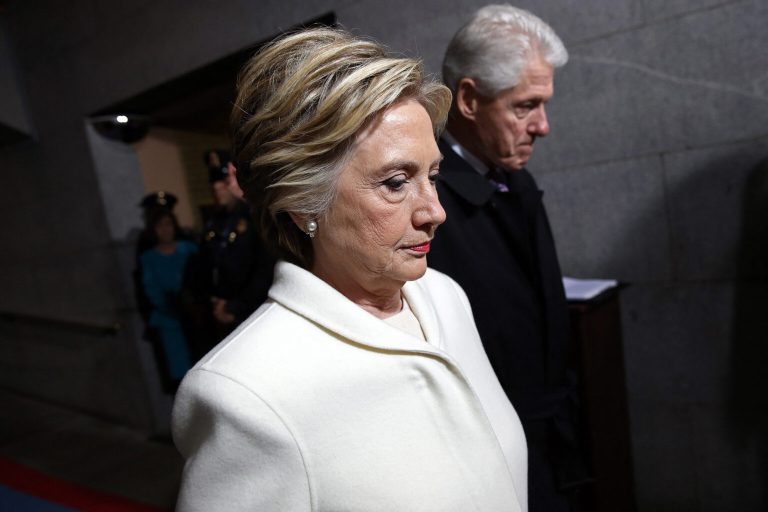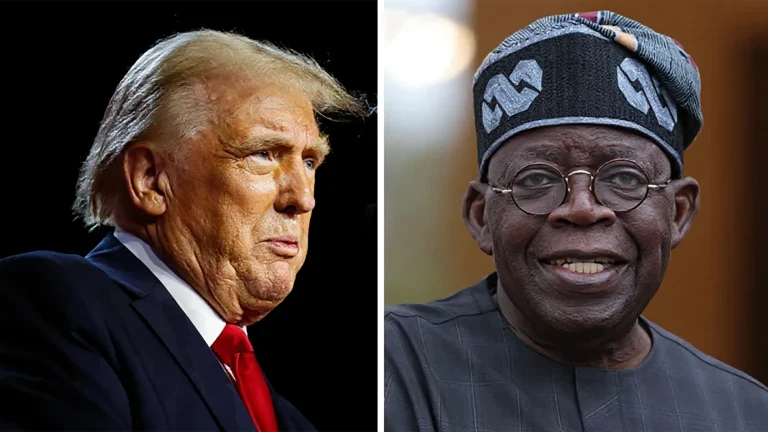
Governor El-Rufai
By IDOWU AKINLOTAN
Month after month, the killings in Southern Kaduna have continued relentlessly. The problem began years ago, predating the current state government, and there has been no let-up since then. There are occasional flare-ups that propel the gory issue to the front pages of newspapers, otherwise the bloodletting has been consistent, low on the Richter scale, and uncontrollable. Southern Kaduna indigenes, speaking through their umbrella bodies, Southern Kaduna Elders Forum (SOKAF) and Southern Kaduna Peoples Union (SOKAPU), insist herdsmen and Fulani irredentists plan and execute the attacks as a deliberate plot to dispossess the indigenes of their lands. Herdsmen, and latterly the state government under Nasir el-Rufai, argue that reprisal attacks are the dominant leitmotif of the violence in that part of the state.
Gradually, however, Mallam el-Rufai, perhaps not aware of just how surely but imperceptibly he has shifted position on the issue, has told the media that banditry, from which Kaduna State is not insulated in the North, and tit-for-tat attacks are responsible for the problem. Before now, he had suggested that herdsmen avenging the killing of their people and cattle authored the reprisal attacks. He had once intervened, he said glibly and condescendingly, negotiated with the aggrieved herdsmen, and paid them for their losses to keep the peace. That peace has, however, been very difficult to keep, a logjam that should have led the governor to get to the bottom of the crisis and find lasting solutions, assuming he was committed to peace as he wails.
Both the Christian Association of Nigeria (CAN) and the indigenes of Southern Kaduna are unconvinced that the governor is impartial in the crisis. They think he has acted, spoken and intervened in a manner that suggests he has taken sides. Unfortunately, as this column frequently noted, the governor has not always acted dispassionately in the crisis. There is nothing to show he will or can be different. Too many graphic details of killings in the area put the lie to the governor’s conclusions, and cast grave doubt on his impartiality. It is unlikely the state as a whole relishes the killings, but they will have to look beyond Mallam el-Rufai for a solution. The governor does not have the neutrality or leadership quality, or even the temperament, to stanch the flow of blood and restore peace to that troubled area of the state.
Appalled by the governor’s self-righteousness and intemperate language, SOKAF last week asked President Muhammadu Buhari to call him to order “to live up to the tenets of his office as the state’s chief security officer”. Without saying it, the elders probably see how Governor Aminu Masari of Katsina State has approached the problem of banditry in his state, and believe that even if the Southern Kaduna crisis were triggered by banditry, the response of Mallam el-Rufai was still one-sided, if not laid-back. Southern Kaduna elders were reasonable to appeal to higher authorities to call the Kaduna governor to order, but it is unlikely the feds will do anything different from the governor, seeing how their analysis of the crisis has tallied with that of the governor.
In a tendentious statement issued by presidential spokesman Garba Shehu, the presidency has judged the crisis to be one of reprisal attacks, a problem, they insist, that “is more complex than many people are willing to admit”. With that mindset, and given the influence Mallam el-Rufai is thought to wield over the presidency, Southern Kaduna should prepare for a long-drawn crisis and hope that in a country where leadership has proved to be distant and dismally poor, they can survive till someone with depth and neutrality take a closer look at the problem and find just means of restoring peace. Last week’s show-of-force by security agents, a tactless approach to a serious and fundamental problem, was presaged by unduly optimistic statements made by military officers endorsing the governor’s perspective and conclusions. It is, therefore, not pessimistic to think that the Southern Kaduna killings will remain protracted; it is indeed realism to encourage the leaders of that besieged area to moderate their expectations. (The Nation)








679715 3983i was just surfing along and came upon your weblog. just wanted to say very good job and this post actually helped me. 165651
566632 109208I was looking for this. Actually refreshing take on the information. Thanks a whole lot. 111174
162080 207720Nice blog here! right after reading, i decide to buy a sleeping bag ASAP 823378